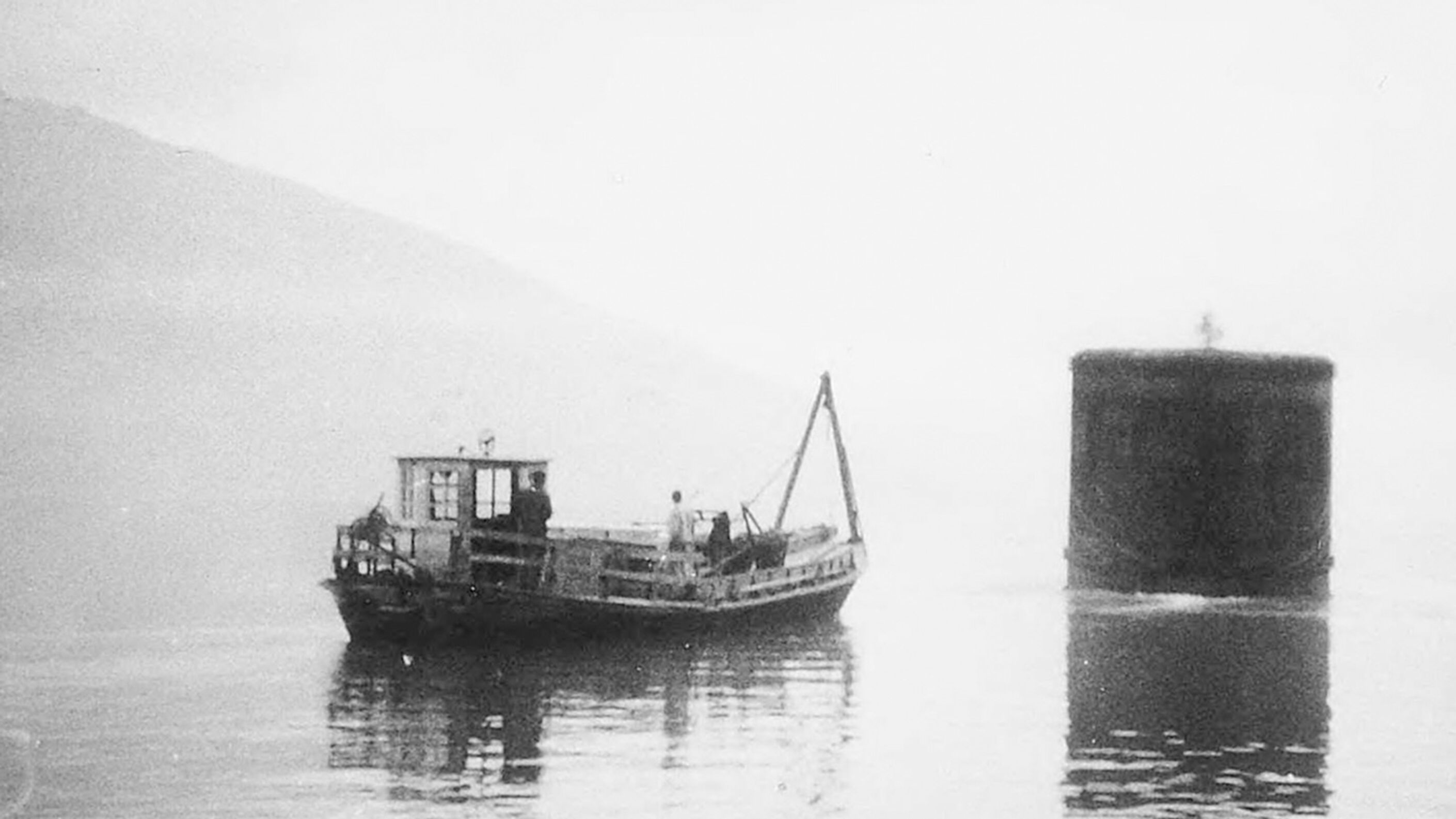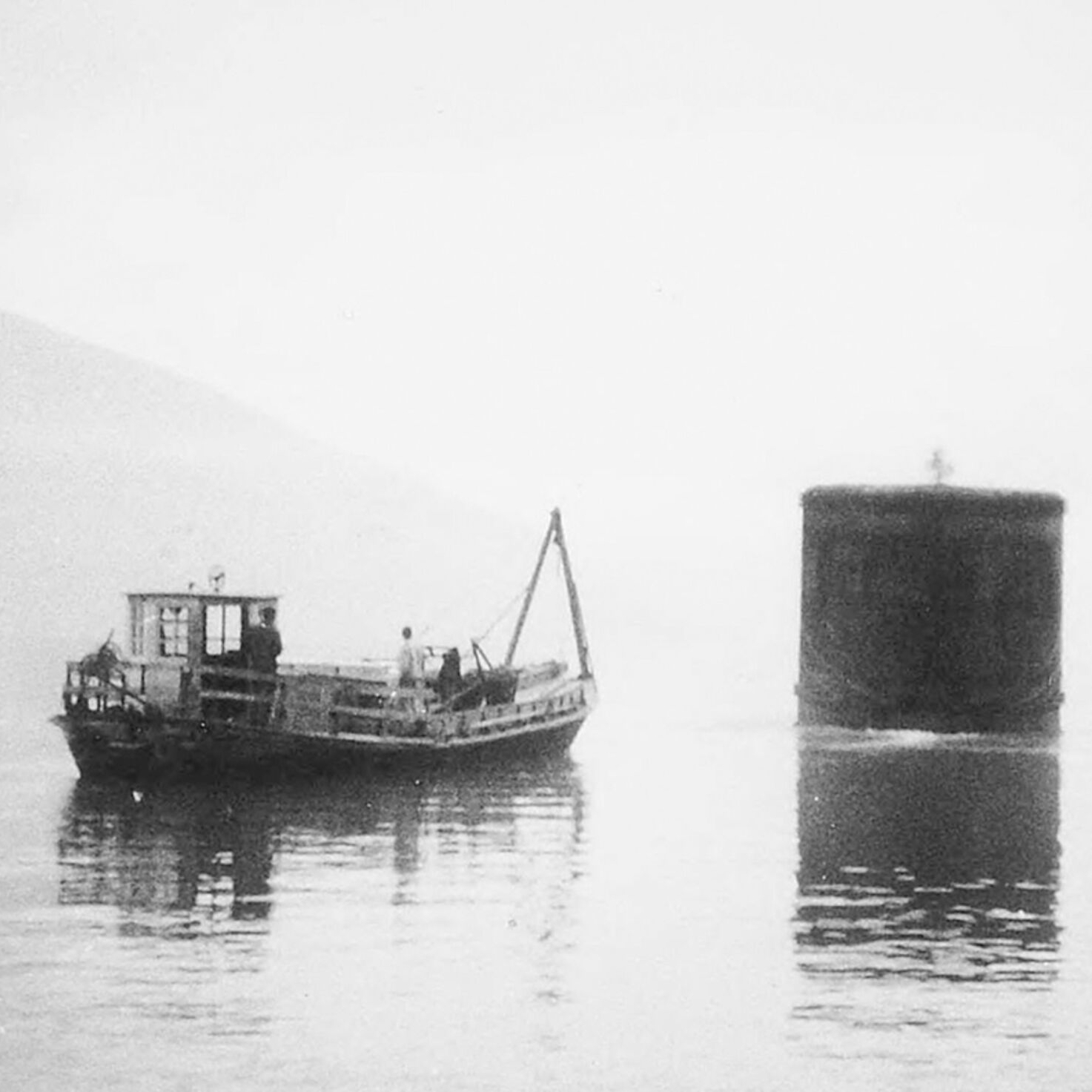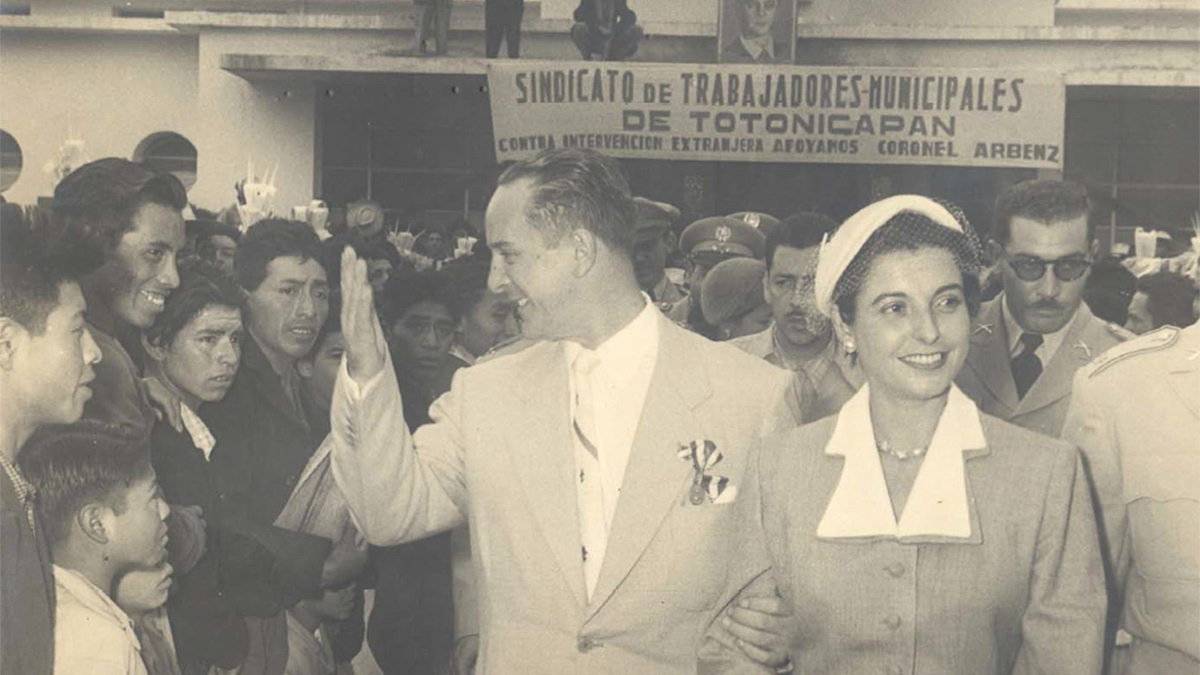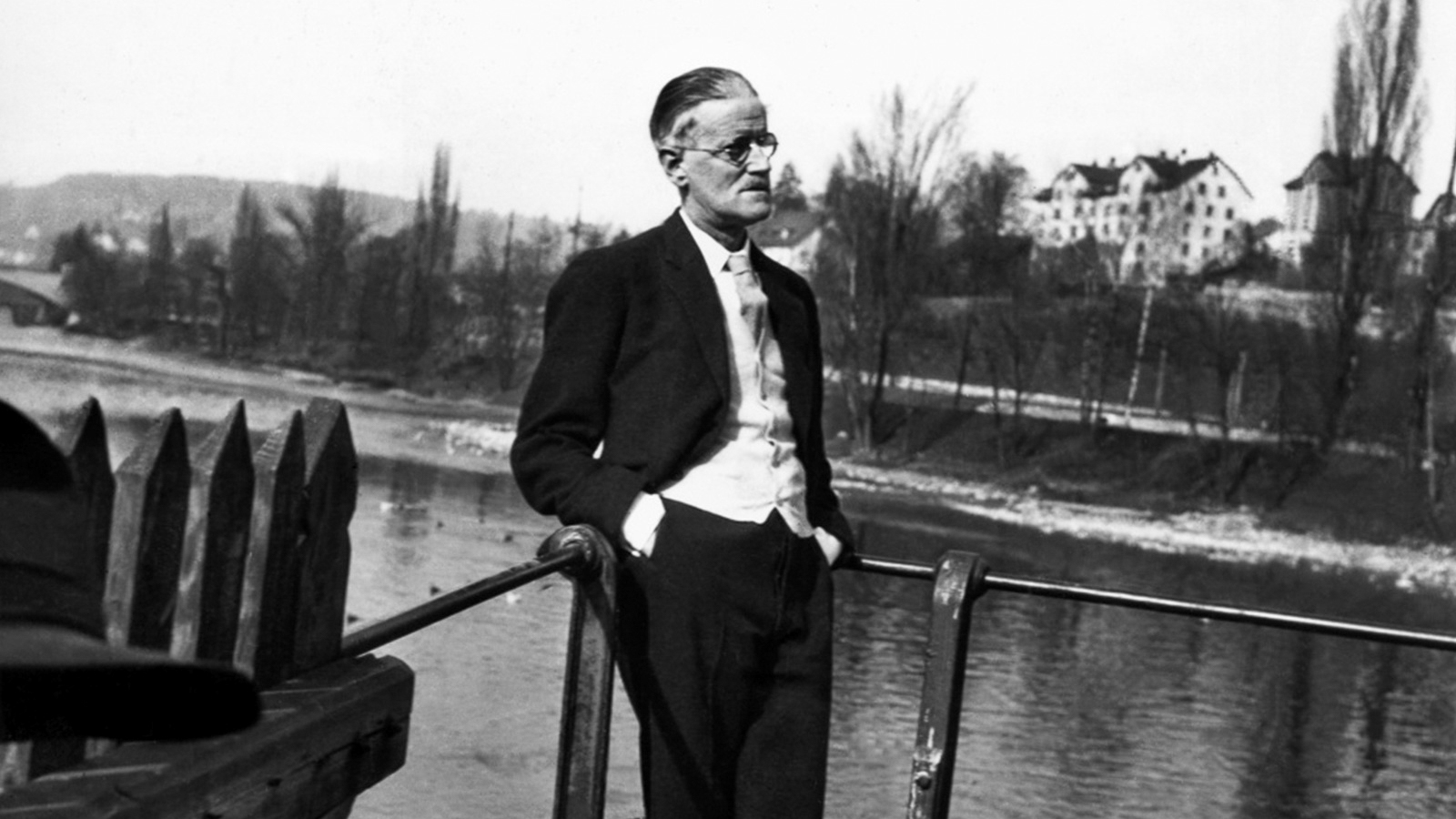Dutti’s submarine provisions
Even before the outbreak of World War II, Migros founder Gottlieb Duttweiler was turning his mind to the issue of securing national supplies of essential goods. But not everyone was sold on his idea of submerging caches of grain and other foodstuffs in our lakes inside mammoth “tin cans”...
In the autumn of 1938 Gottlieb Duttweiler made an appeal to the women of Switzerland: “Dear housewives, buy wherever you want – even in the cooperative! – but build up a stock of your own emergency supplies, if you can…”. The combative Migros founder was infuriated by the fact that so much more effort was being put into stockpiling war materials than into stocking up on food supplies, which he considered essential. And this was going on despite the fact that the Bundesgesetz zur Sicherstellung der Landesversorgung, Switzerland’s federal law to ensure the national supply of essential goods, had entered into force on 1 April of that year.
In 1938, Duttweiler appeared before the state government to present his plan for storing grain, and also fuel and oil, in our lakes.
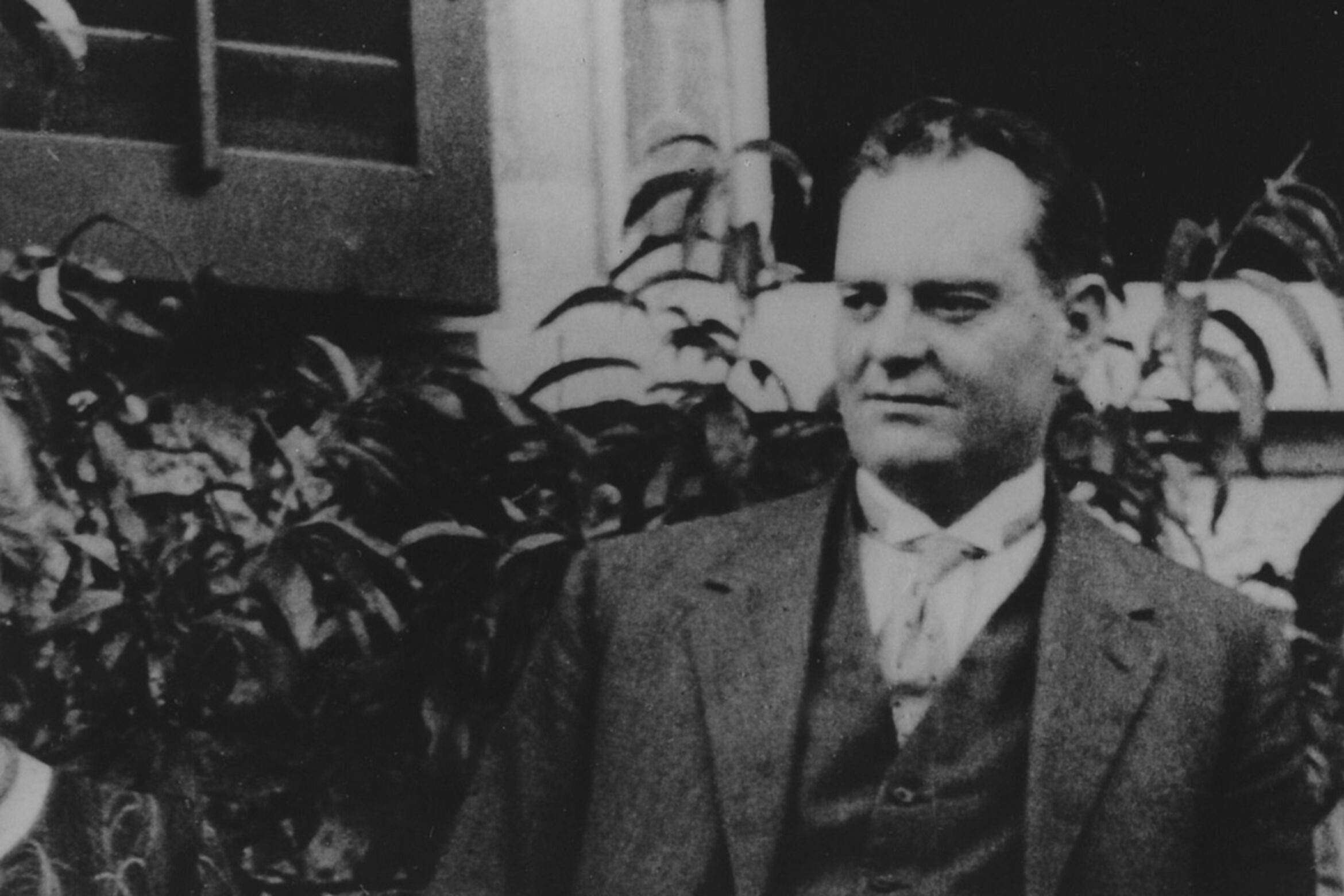
Portrait of Gottlieb Duttweiler, around 1930 (Wikimedia)
In July 1938, Duttweiler appeared before the state government to present his plan for storing grain, and also fuel and oil, in our lakes. The advantage of this type of storage was obvious to him. Warehouses were always in danger from possible bombing, and high storage costs were involved. What was then the Federal Department of Economic Affairs EVD (now the WBF) commissioned a study on the issue, which proved Gottlieb Duttweiler right.
And so, in the summer of 1939, something unusual happened on and in Lake Thun, just off Därligen (Bern canton). Firmly sealed inside a steel tank about seven metres tall and with a volume of 250 m3, which was coated with tar on the inside, 230 tons of grain disappeared under the water. The plan was to store the grain in the cold waters of the lake, at a temperature of about ten degrees, for the next four and a half months. The experiment was a success. The temperature kept the grain from germinating and prevented fermentation and vermin infestation.
Cooperation
This article originally appeared on the Swiss National Museum's history blog. There you will regularly find exciting stories from the past. Whether double agent, impostor or pioneer. Whether artist, duchess or traitor. Delve into the magic of Swiss history.
Nonetheless, the Federal Council opted not to be involved in the project and its next steps. The reasons it gave were the short duration of the experiment, and the rationing which was still in force. The man responsible for this policy, Federal Councillor Hermann Obrecht, locked horns with Gottlieb Duttweiler on a number of occasions. Duttweiler sat for the “Landesring” party in the National Council, and he applied a lot of pressure in the Council chamber as well. Obrecht eventually made it clear to the Migros founder that there was no place for him in the organisation of the war economy.
In 1949, again at his own expense, he submerged 100 barrels of raw coconut and peanut oil in Lake Alpnach.
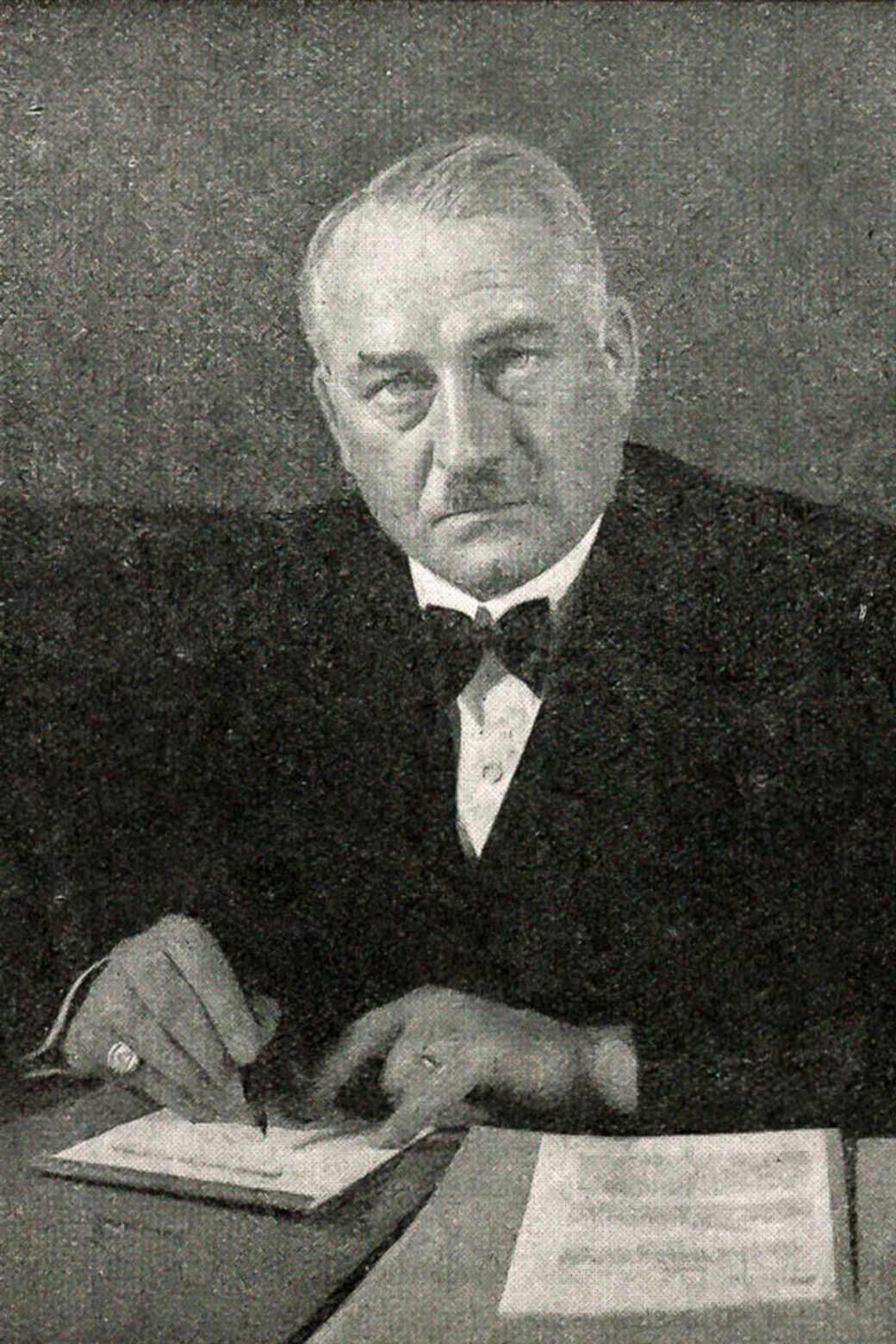
Federal Councillor Hermann Obrecht (Historischer Kalender)
Despite this, several months later Duttweiler submerged a 15 m3 underwater tank full of wheat, bought at his own expense, in Lake Alpnach (Alpnachersee). The wheat remained in the water for the next six years, with regular checks. The result: the grain was still in perfect condition after its prolonged submersion. Thanks to the tar coating, the outer protective film of mud and sand and the low oxygen content in the depths of the lake, no water had penetrated and the tanks didn’t rust.
“Dutti” wouldn’t have been “Dutti” if he had allowed himself to be dissuaded from an idea once it had taken hold. In 1949, again at his own expense, he submerged 100 barrels of raw coconut and peanut oil in Lake Alpnach; the barrels were checked regularly over the following years. It wouldn’t be his last successful attempt to store foodstuffs, and other materials that become important in times of crisis, in a way that was low-cost and kept them safe from bombing. From 1955 onwards, more than 2,000 barrels disappeared into Lake Alpnach.
A total of 2,765 huge “tin cans” in the lake near Alpnach were retrieved and brought to the surface intact.
Today, none of Dutti’s food barrels are left on the beds of Switzerland’s lakes. The experiment was finally terminated in the early 1960s. One of the reasons was that construction work to widen the Brünigstrasse would have created rock debris and rubble that would endanger the barrels. A total of 2,765 huge “tin cans” in the lake near Alpnach were retrieved and brought to the surface intact.
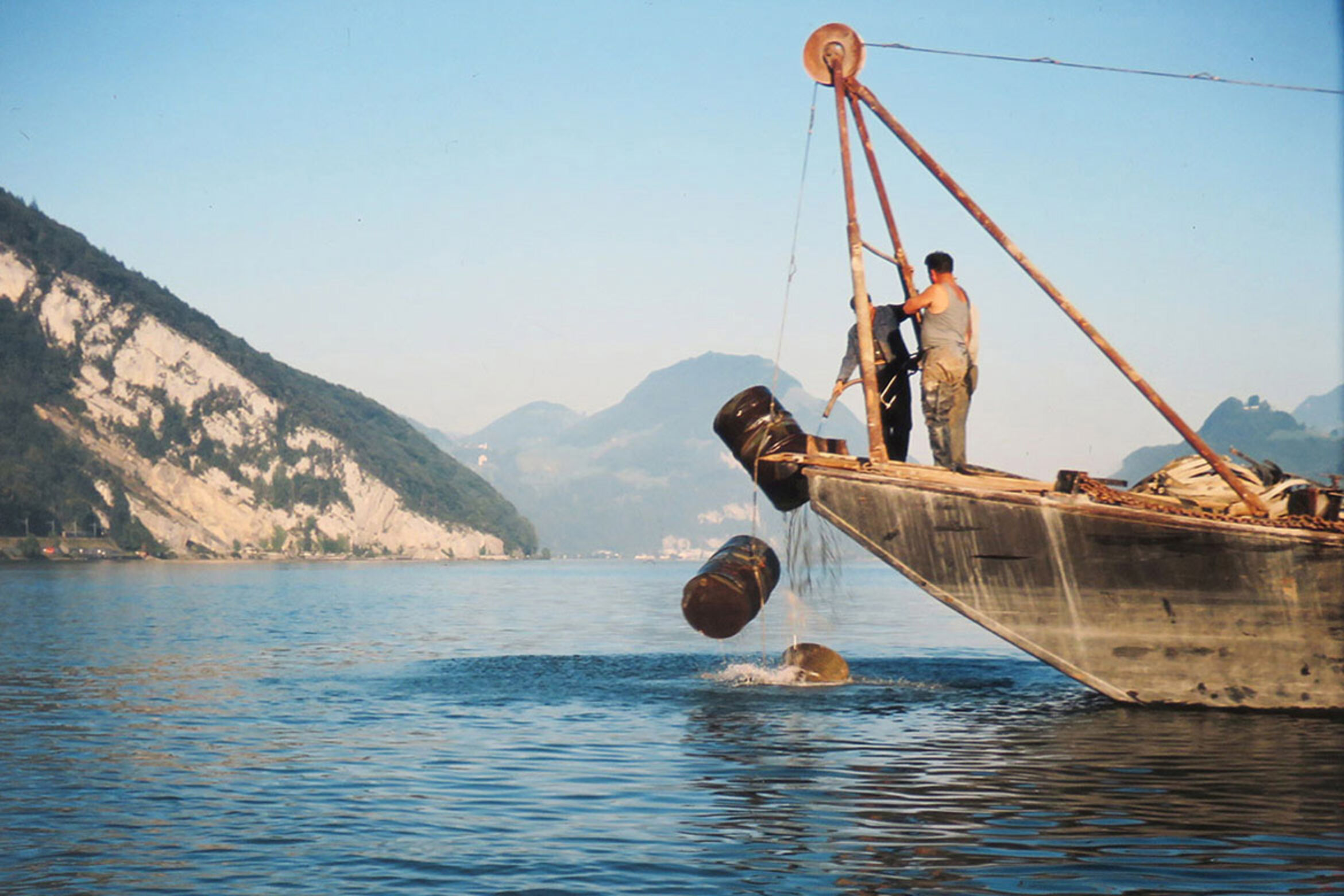
Retrieving barrels of foodstuffs from Lake Alpnach in the 1960s (Archives Migros)
